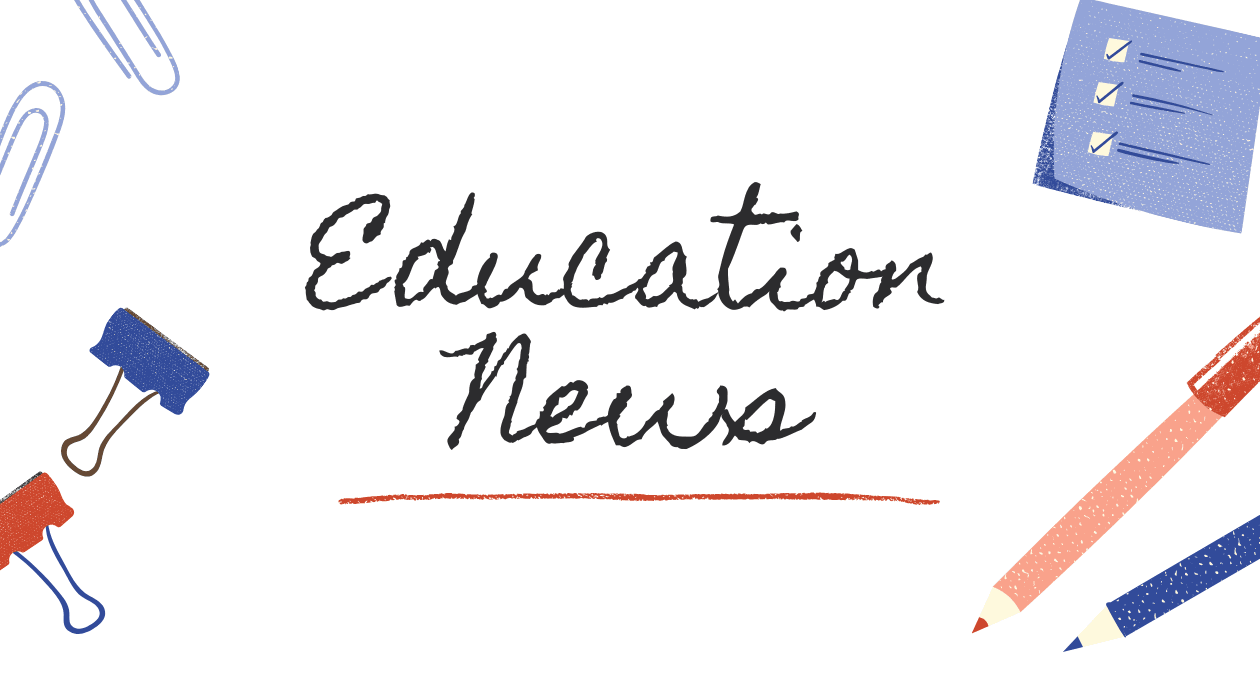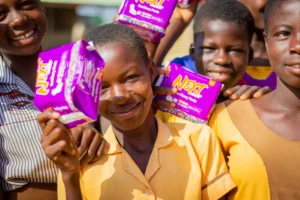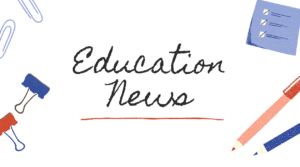Recent comments from the Ministry of Education about the potential use of Ghanaian languages from Kindergarten 1 to Primary 3 have sparked national interest. Although the policy has not yet been approved, it has reopened an important and timely conversation about how children learn in their earliest years.
Global evidence consistently shows that children learn best when early instruction takes place in a language they understand. UNESCO’s Global Education Monitoring Policy Paper “If you don’t understand, how can you learn?”highlights how familiar language improves comprehension, classroom participation, and confidence.
For Ghana, this approach could strengthen early literacy, build self-belief, and make learning more accessible especially for children in rural communities. Local research and classroom experience also show that children grasp concepts more quickly when teaching connects with their language, culture, and everyday realities.
What a mother-tongue approach could mean in practice
If eventually introduced, a mother-tongue policy would have important implications for how early education is delivered.
- Changes in early-grade Teaching – From Kindergarten through Primary 3, lessons would be taught in the dominant language of each community. This would influence how teachers explain ideas, how children ask questions, and how confidently they engage with learning.
- Greater support for teachers – The success of any language-of-instruction policy depends heavily on teachers. Many educators have not yet been trained to teach reading and writing in Ghanaian languages. World Bank research, including the Loud and Clear report, shows that countries that succeed with mother-tongue instruction invest significantly in teacher preparation and ongoing professional development. For Ghana, this would mean revisiting teacher education curricula, expanding in-service training, and ensuring teachers are posted to communities where they can teach effectively in the local language.
- Availability of learning materials – A mother-tongue policy can only succeed if schools have the right materials in the right languages. This includes early-grade textbooks, storybooks, phonics resources, and assessments. While some Ghanaian languages already have materials, others would require new resources to be developed and supplied consistently, including to rural districts.
- Clear guidance for urban classrooms – Urban schools are often multilingual, with children speaking different home languages. Any national policy would need clear, practical guidance on how instructional languages are chosen, whether based on community language, majority language, or district-level standards so that no child is excluded.
- A better transition after Primary 3 –If English becomes the primary medium of instruction again from Primary 4, learners would need a well-planned transition. Gradual exposure to English in Primary 3, bridging materials, and teacher support would help ensure that children do not lose confidence or comprehension during the shift.
What implementation could achieve
If implemented thoughtfully, a mother-tongue approach could:
- Raise early literacy rates
- Support more inclusive and culturally grounded classrooms
- Improve learning experiences for rural learners and girls
- Encourage stronger parent engagement in early education
At the same time, key challenges would need to be addressed:
- Teacher language proficiency gaps
- Inconsistent availability of learning materials
- Equity concerns for smaller language groups
- The complexity of multilingual urban environments
- Stronger monitoring and evaluating system to measure the impact
The bottom line
The proposed mother-tongue policy has reopened an important national conversation about how children learn in their formative years. If eventually adopted, it has the potential strengthen foundational education in Ghana but only with teacher support, adequate resources, and a carefully phased rollout.
Regardless of the final decision, the debate hightlights a vital truth: language shapes how children learn, participate, and experience school. it influences confidence as much as comprehension.
For organisations working in basic education including Homeland Ghana, this moment invites reflection on how early learning can be made more inclusive, more effective, and more aligned with the realities of children’s lives.
Those interested in current government planning can watch the official Ministry of Education briefing on the 2026 free textbook programme, which offers additional context on curriculum and learning materials.




